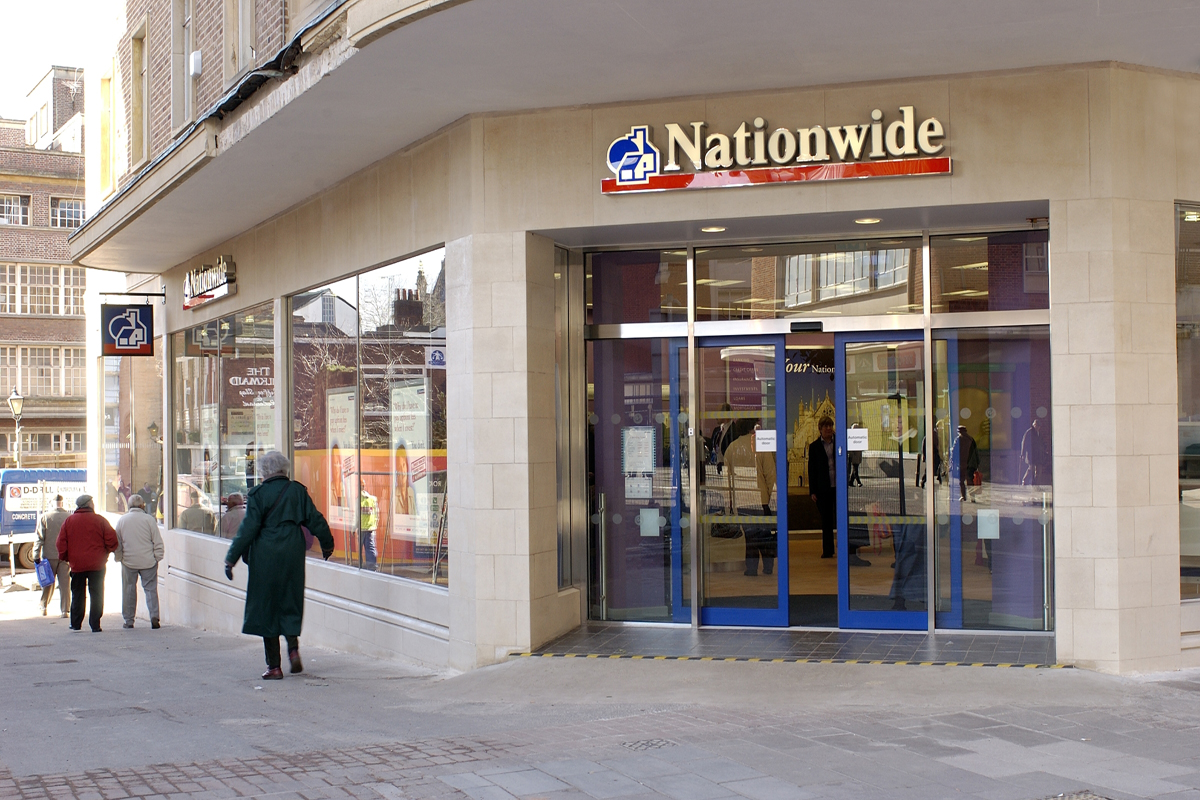Nationwide customers hit by online account deletion glitch
Nationwide Building Society apologises for tech issue that wiped out account balances this morning.

Nationwide Building Society has apologised after an unknown technical glitch made some customer accounts disappear when viewed through its online banking portal this morning.
Customers used the social networking site Twitter to raise the alarm, after many logged into Nationwide's online banking systems this morning to discover their current and savings account balances had been wiped out.
Some of our customers were unable to access their accounts this morning due to a technical issue.
In other cases, the accounts appeared to have been completely deleted, with both desktop and mobile users seemingly affected.
In a statement to IT Pro, a Nationwide spokesperson said: "Some of our customers were unable to access their accounts this morning due to a technical issue. This has now been fixed and we apologise for any inconvenience this has caused."
IT problems are an all too common issue for banking firms, as they increasingly push customers to use their online account management services and ditch paper-based statements for cost and environment reasons.
For example, the re-launch of High Street banking brand TSB was marred earlier this month by technical problems that stopped customers accessing their online accounts.
Meanwhile, the Royal Bank of Scotland was forced to apologise to 17.5 million customers in June 2012 after a botched software update stopped overnight money transfers taking place, causing many to miss rent, mortgage and salary payments.
Get the ITPro daily newsletter
Sign up today and you will receive a free copy of our Future Focus 2025 report - the leading guidance on AI, cybersecurity and other IT challenges as per 700+ senior executives
This latest Nationwide tech glitch comes more than a year on from its highly publicised duplicate payment problems, which resulted in some customer accounts being debited twice.
At the time of the incident in July 2012, the issue was blamed on human error, with Nationwide offering to compensate customers who may have incurred overdraft or late payment charges as a result.
-
 Bigger salaries, more burnout: Is the CISO role in crisis?
Bigger salaries, more burnout: Is the CISO role in crisis?In-depth CISOs are more stressed than ever before – but why is this and what can be done?
By Kate O'Flaherty Published
-
 Cheap cyber crime kits can be bought on the dark web for less than $25
Cheap cyber crime kits can be bought on the dark web for less than $25News Research from NordVPN shows phishing kits are now widely available on the dark web and via messaging apps like Telegram, and are often selling for less than $25.
By Emma Woollacott Published